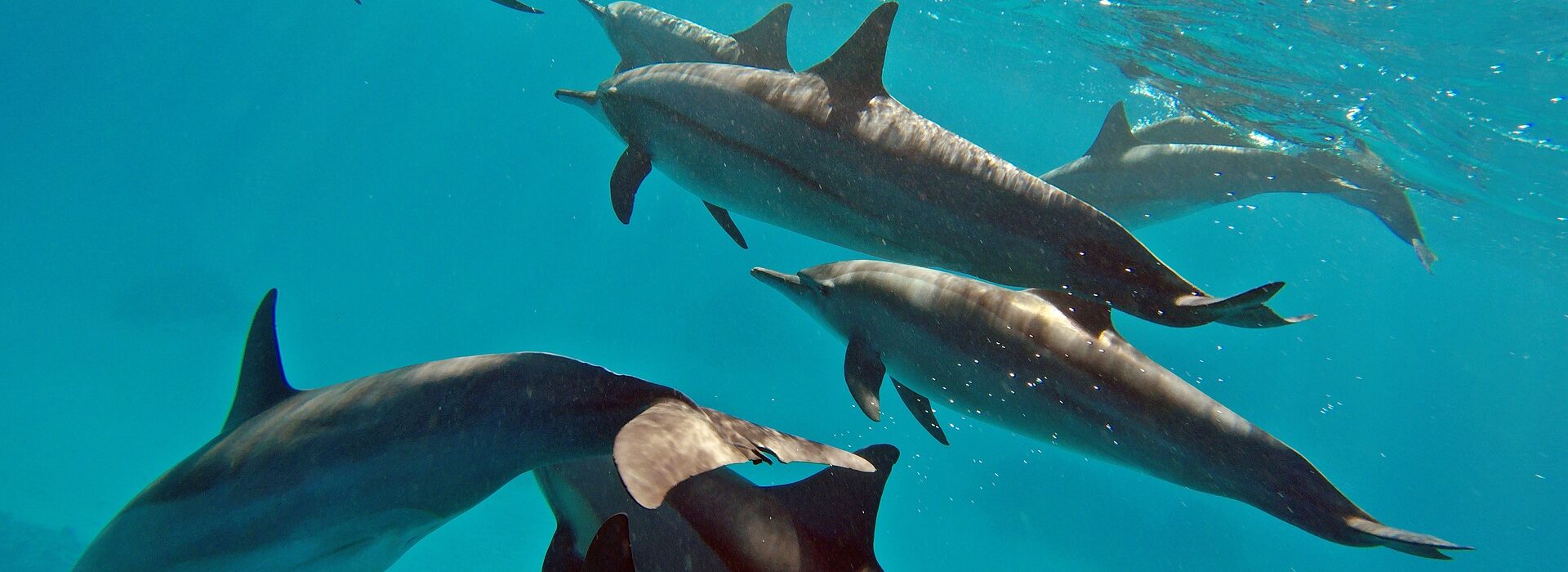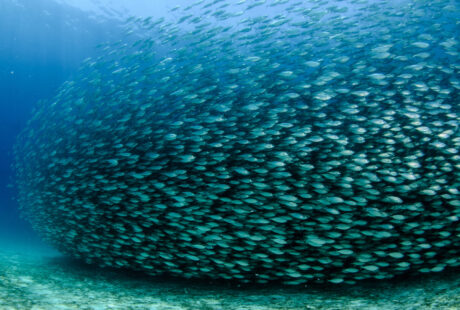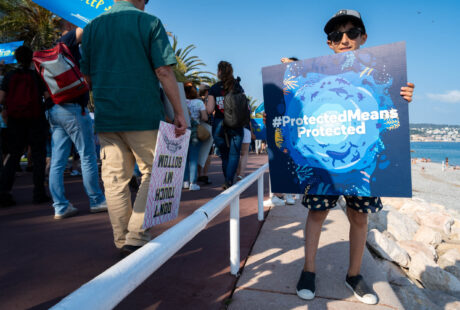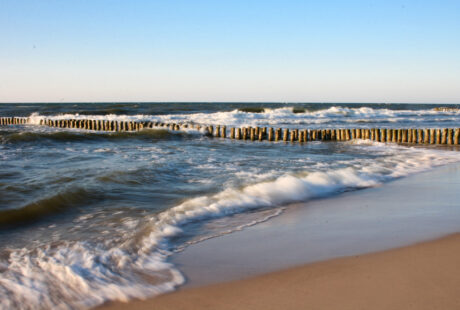The European Commission said today that it will not take emergency measures this winter to tackle the tragic death of dolphins caught in fishing nets. Last winter, around 1200 cetaceans – almost all identified as common dolphins – washed ashore along the French Atlantic coast. 85 percent of these dolphins died after being caught up in fishing nets.
The entanglement of unwanted animals caught in nets is referred to as ‘bycatch’ and it is considered the greatest threat to cetaceans in European waters, with many thousands dying each year.
In July 2019, 22 environmental NGOs formally requested that the European Commission take legal action against 15 EU governments for failing in their legal duty to protect dolphins, porpoises and whales from bycatch. The group also called for emergency protection measures to be introduced for Baltic harbour porpoises and North East Atlantic common dolphins to immediately prevent further deaths in these populations under imminent threat due to fishing activities.
Such emergency measures, which have a strong legal basis and are supported by comprehensive scientific evidence, should include:
- temporarily or permanently closing fisheries in key areas where bycatch is a problem,
- implementing year round on board observations and electronic monitoring,
- requiring mandatory use of acoustic devices that act as a deterrent to Baltic porpoises,
But at an event on bycatch today, the Commission’s DG MARE postponed its decision on emergency measures, citing a need for scientific advice that will not be available until spring 2020. In the meantime, thousands of cetaceans are at risk of dying from bycatch this winter.
ClientEarth Marine Habitat lawyer John Condon said: “While it is good to see that the European Commission is taking steps to consider emergency measures, this delayed action to rescue dolphins, porpoises and whales from fishing nets could have disastrous consequences this winter, just like last year. The Commission should immediately adopt emergency measures – which it is empowered to do in these conditions by the EU’s Common Fisheries Policy.”
Alice Belin, Senior Marine Policy Officer at Seas At Risk said: “Cetaceans play a very important role in the marine ecosystem. According to EU law marine biodiversity loss should be stopped and reversed by 2020. But because of delayed action by EU countries, the winter of 2019-2020 will probably bear witness of the deaths of thousands of animals in fishing nets.”
Sarah Dolman from the marine charity Whale and Dolphin Conservation says: We have known about poor implementation of EU laws to protect dolphins, porpoises and whales from bycatch in European waters for decades. We face a biodiversity crisis, bycatch kills more dolphins and porpoises than any other pressure, and so we need the European Commission to act now to compel Member States to halt these needless deaths.
The event on tackling the bycatch of cetaceans was hosted by Rory Palmer MEP, chaired by Jackie Jones MEP, and organised by ClientEarth, Whale and Dolphin Conservation, Seas At Risk, Coalition Clean Baltic (CCB) and the International Fund for Animal Welfare (IFAW). The Commission’s announcement follows on from a written response to a question submitted by Mr Palmer MEP
Posted on: 5 December 2019



